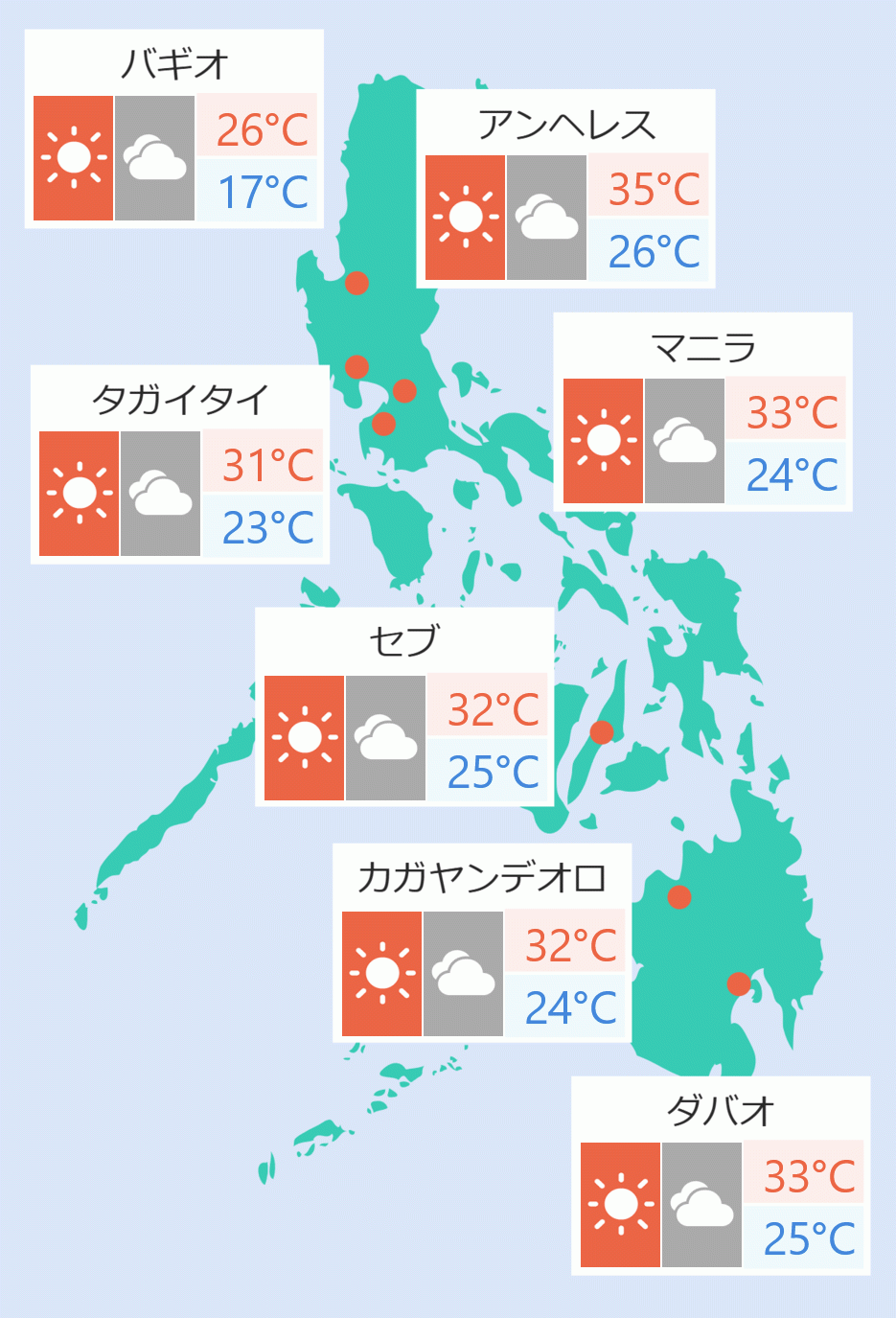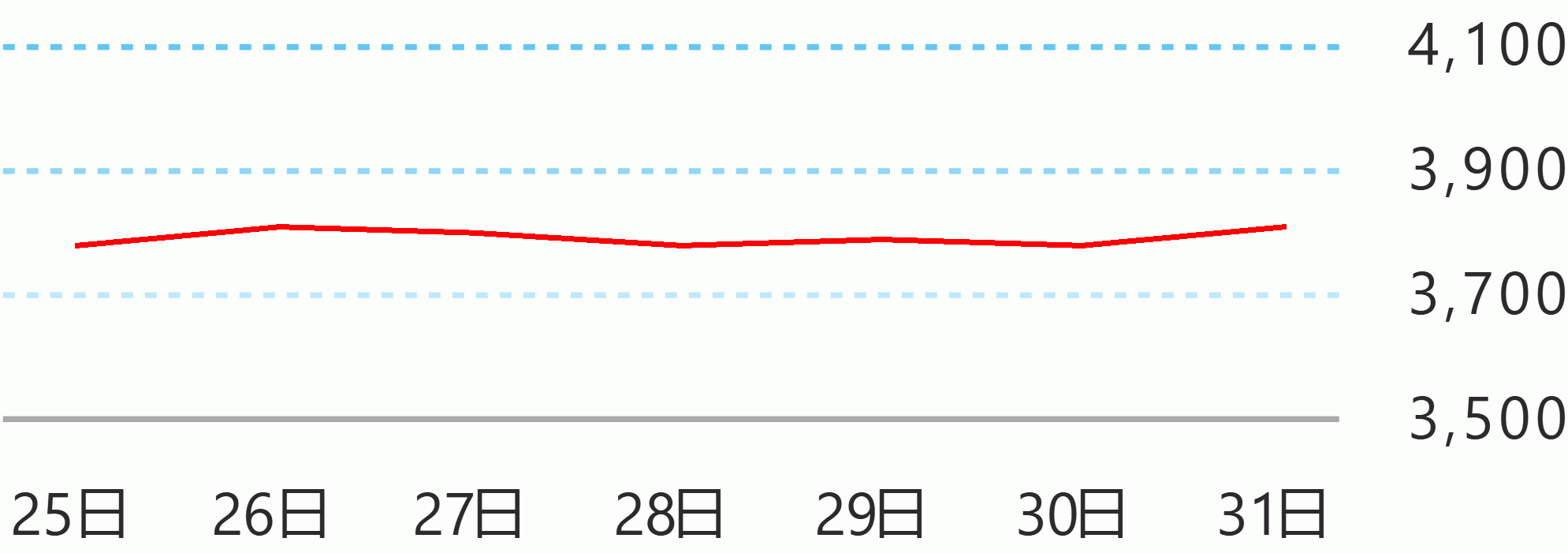The Moro National Liberation Front (MNLF) lauded the issuance of Proclamation No. 406 by President Ferdinand Marcos Jr., granting amnesty to its members who wish to return to the fold of the law as “it serves as a vehicle to ever-lasting unity, peace and reconciliation.”
In a statement, the Office of Deputy Speaker Ustadz Abdulkarim Tan Misuari said that Marcos’ Proclamation No. 406 is a bold move, showcasing his commitment towards unity, peace and reconciliation.
“Extending amnesty to the members of the MNLF by issuing Proclamation No. 406, dated November 22, 2023, President Marcos, Jr. has displayed his genuine desire to heal the wounds of the past and foster brotherhood,” Misuari said.
He added that the proclamation amnesty also “serves as a significant step towards national unity, and promotes a peaceful and a more inclusive nation.”
“Furthermore, by choosing amnesty, the President showcases his sincerity and foresight, recognizing that dialogue and negotiation are keys to resolving conflicts with those who once stood against the government,” he said.
Misuari also said that President Marcos’ decision does not only support the reintegration of MNLF members into society, but also allows them to contribute to nation-building.
Marcos issued the proclamation on November 22, granting amnesty to MNLF members who have committed offenses punishable under the Revised Penal Code and special penal laws, among others, in furtherance of their political beliefs.
The President cited that granting amnesty to MNLF members will create a climate conducive for peace and reconciliation, pave the way for them to reintegrate into the society, and provide them access to government’s socio-economic services.
The chief executive also cited the urgent need to extend amnesty to MNLF members as an instrument of reconciliation and as a path for their return to a peaceful, democratic, and pluralistic society.
“The grant of amnesty in favor of the foregoing group and individuals will promote an atmosphere conducive to the attainment of a just, comprehensive, and enduring equanimity and is in line with the government’s call for peace, unity, and reconciliation to bring closure to past enmity, rancor, and bitterness that has stymied lasting amity among the Filipino people,” Marcos said.
A complete list of the crimes covered under Proclamation No. 406 is available on the Official Gazette.
The proclamation amnesty is not granted to those who have already been proscribed or those charged under Republic Act (RA) No. 9372, or the Human Security Act of 2007, or RA 11479, or the Anti-Terrorism Act of 2020.
It does not also cover kidnap for ransom, massacre, rape, terrorism, crimes committed against chastity as defined in the Revised Penal Code, as amended, crimes committed for personal ends, violation of RA No. 9165, or the Comprehensive Dangerous Drugs Act of 2002.
Grave violations of the Geneva Convention of 1949, and those identified by the United Nations as crimes that can never be the subject of amnesty such as genocide, crimes against humanity, war crimes, torture, enforced disappearances, and other gross violations of human rights are also not covered.
Applicants for amnesty must, in writing and under oath, admit his/her guilt of the offense for which he/she is criminally liable and shall turn over whatever firearms, weapons, and/or explosives he/she may have in his/her possession upon application for amnesty without incurring liability for illegal possession thereof, notwithstanding the grant or denial of the amnesty application.
Applications for the grant of amnesty shall be filed under oath with the Amnesty Commission within two years from the effectivity of Proclamation No. 406. Presidential News Desk





 English
English










